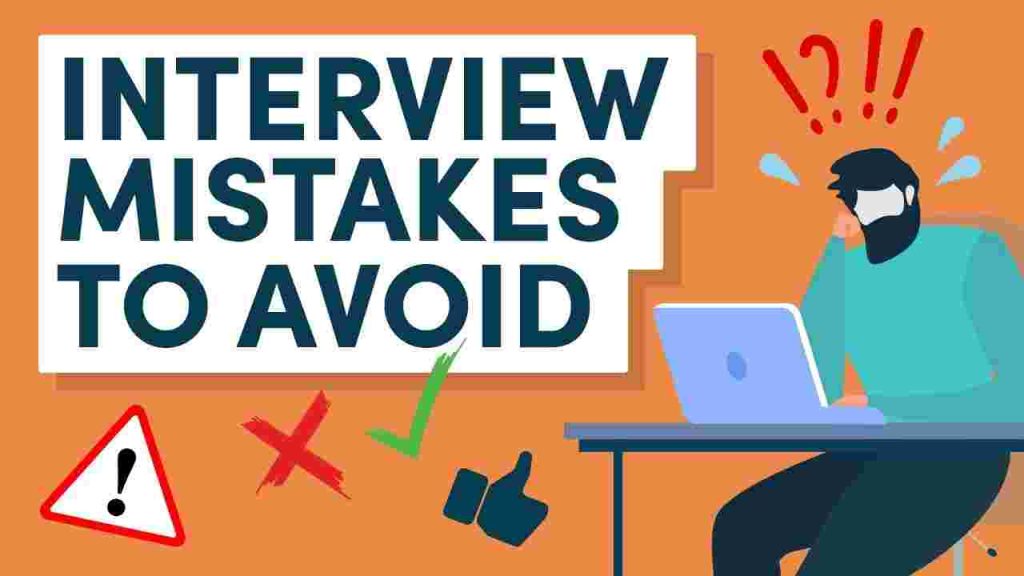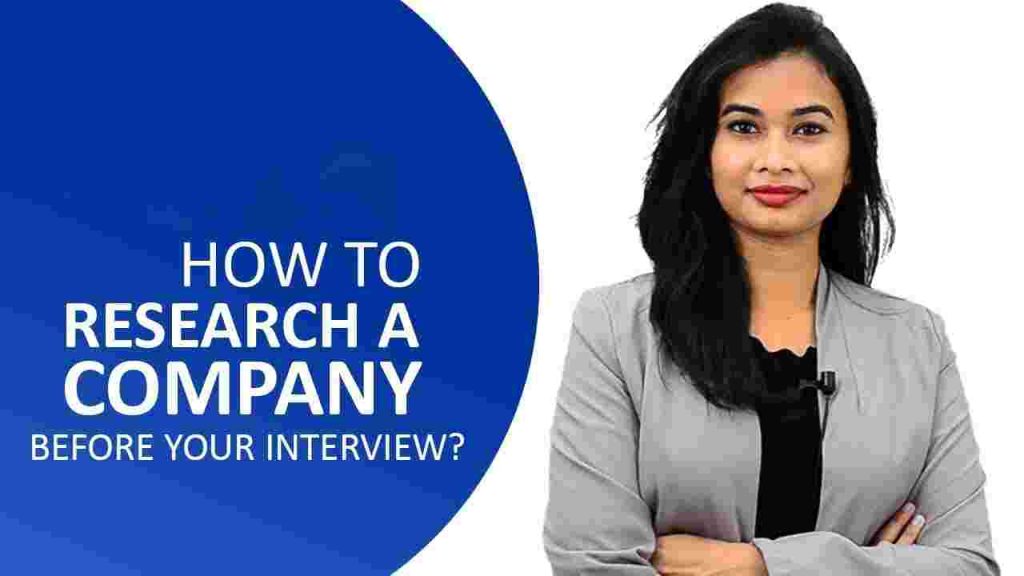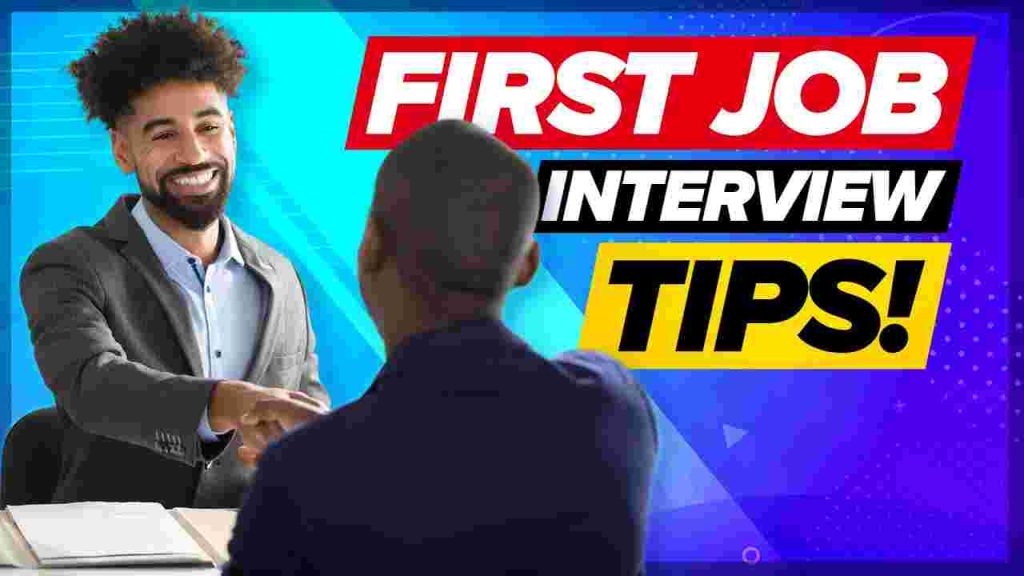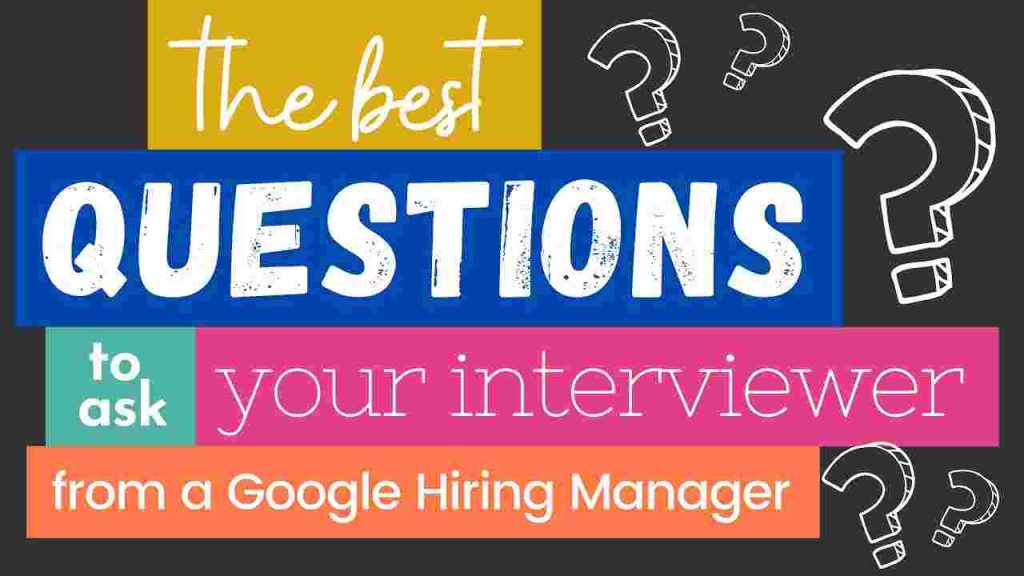Preparing for a job interview can make you nervous. But if you practice answering common questions, you will feel more confident.
This guide will help you prepare for the 10 most common job interview questions.
It will give you simple tips on how to answer them clearly and directly.
1. Tell Me About Yourself
This is often the first question in an interview. It is your chance to introduce yourself. Keep your answer simple. Start with who you are, what you do, and why you want the job.
For example, you can say:
“I am [Your Name], and I have been working in [Industry] for [X] years. I enjoy [mention a task or skill you like]. I am interested in this job because I think my skills in [mention a relevant skill] will help me succeed here.”
Keep it short and positive. Don’t tell your whole life story. Focus on your job-related skills and experience.
This question is important because it helps the employer understand who you are and how you talk about yourself. Practice saying your answer out loud. This will help you feel comfortable when you speak. Well, you have to practice answering confidently to avoid common job interview mistakes.
2. Why Do You Want to Work Here?
When they ask why you want to work at their company, show that you have researched the company before the interview. Employers like candidates who are interested in their work.
You can answer by saying something like:
“I want to work here because I admire how your company [mention something you like about the company, like their values or products]. I think I can help your team by using my skills in [mention a skill you have].”
This question helps the employer know if you are serious about the job. It also shows if you understand the company. Before the interview, learn about the company. This will help you answer better.
Make sure your answer shows your interest in the company and the job. Keep your answer clear and simple.
3. What Are Your Strengths?
This question is about what you are good at. Think about the skills that are important for the job. Choose strengths that match the position you are applying for.
For example, you could say:
“My strength is [mention a skill like communication, problem-solving, or teamwork]. I am good at [explain how you use this strength in your work].”
Show that your strengths are useful for the job. Don’t be shy about talking about what you do well. This question is an opportunity to highlight your skills.
If you are new to job interviews, check out these tips on acing your first job interview. Make sure to keep your answer simple and clear. Tell a short story or give an example that shows your strength in action.
4. What Are Your Weaknesses?
When answering this question, pick a weakness that you are working to improve. Avoid saying you don’t have any weaknesses, as this may seem like you’re not being honest.
For example, you might say:
“My weakness is [mention a weakness, like time management]. I have been working on improving this by [explain how you are trying to get better, like using tools to stay organized].”
This question is not to make you feel bad. It helps employers see if you are self-aware. It also shows if you are working to improve yourself. Be honest, but keep the focus on how you are trying to get better.
Remember, the key is to show that you are aware of your weakness and taking steps to improve it.
5. Why Did You Leave Your Last Job?
Employers want to know why you are looking for a new job. Be honest but keep your answer positive. Don’t speak badly about your previous employer.
For example, you can say:
“I left my last job because I wanted to grow in my career. I am looking for new challenges that will help me learn more and use my skills better.”
This answer shows that you are motivated to grow. It also helps the employer see if you are ready for new opportunities.
Avoid saying anything negative about your past job or boss. Focus on your goals and how this new job fits into them.
6. Where Do You See Yourself in 5 Years?
This question is about your long-term career goals. Employers want to know if you have a clear plan for the future. Be honest about your goals, but make sure they relate to the job you are applying for.
You could say:
“In five years, I see myself growing in my career and taking on more responsibility. I hope to contribute to the team in a bigger way and improve my skills in [mention a skill or area of growth].”
This answer shows that you are thinking about the future. It also shows that you want to stay with the company and grow.
Make sure your answer is realistic. Employers like to hear that you are ambitious, but they also want to know you are committed to the job.
7. How Do You Handle Stress?
Stress is a part of any job. Employers want to know how you deal with stress and stay productive. Show that you can handle stress without getting overwhelmed.
For example, you can answer:
“I handle stress by staying organized and focused on the task at hand. When things get busy, I prioritize my work and take short breaks to stay calm.”
This answer shows that you are able to stay calm and manage your work. It also shows that you have good problem-solving skills.
If possible, share a time when you handled a stressful situation well. This will make your answer stronger.
8. Why Should We Hire You?
This is your chance to sell yourself. Tell the employer why you are the best fit for the job. Talk about your skills and experience.
For example, you can say:
“You should hire me because I have the skills and experience needed for this job. I am a good fit for the team because I am [mention a positive trait, like hardworking or a good communicator]. I am excited about this opportunity and eager to contribute.”
This answer helps the employer understand why you are the right choice. Focus on your strengths and how they match the job requirements.
Keep your answer clear and confident. Show that you are excited about the job and ready to contribute.
9. Tell Us About a Time You Faced a Challenge at Work
This question helps the employer understand how you solve problems. Pick a story that shows your problem-solving skills.
For example, you could say:
“At my last job, we had a tight deadline for a project. I was able to work with my team to plan the work and meet the deadline. We worked together and solved problems quickly.”
This answer shows that you can work well under pressure and solve problems. Employers want to know that you can handle challenges without getting stressed.
Keep your story simple and focus on how you handled the challenge.
10. Do You Have Any Questions for Us?
At the end of the interview, the employer will ask if you have any questions. It’s important to ask questions. It shows that you are interested in the job and the company.
You can ask questions like:
- What does a typical day in this job look like?
- Can you tell me more about the team I will be working with?
- What are the next steps in the hiring process?
Asking questions helps you learn more about the job. It also shows that you are serious about the opportunity. Don’t skip this part of the interview. Check these 5 unique questions to ask the interviewer to leave a strong impression.
Conclusion
By practicing these 10 common job interview questions, you will feel more prepared.
Remember to keep your answers simple and clear. Show that you are excited about the job and ready to contribute.
Good luck with your interview!




